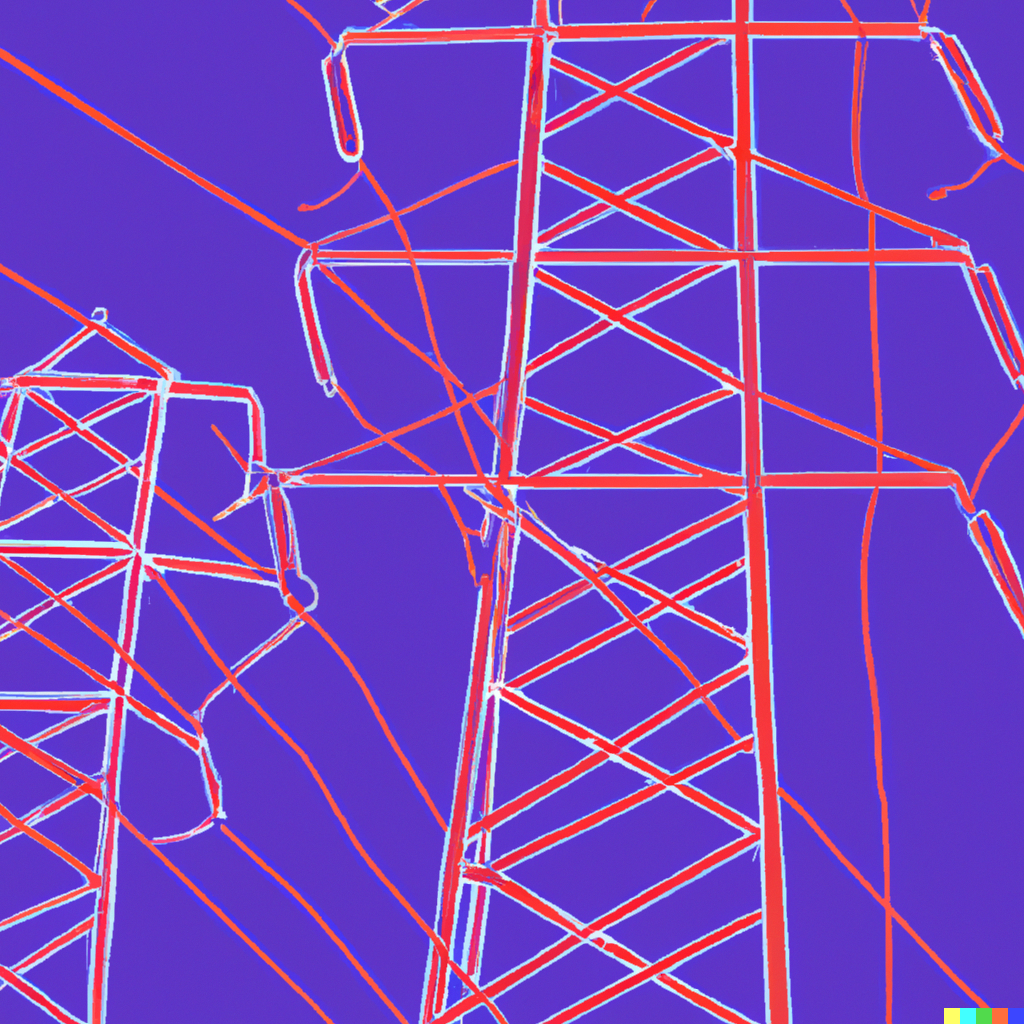Late Thursday night in Echo Park, an unfortunate single-vehicle crash led to a power outage affecting more than 2,700 residents. The driver, reportedly speeding, hit a fire hydrant before crashing into a power pole near the intersection of Sunset Boulevard and Vin Scully Avenue. As a result, a significant number of local inhabitants were left without power, a situation that persisted into Friday morning, with Los Angeles Department of Water and Power (LADWP) crews still working to restore services.
While there were no reported injuries as a direct result of the crash, the situation illuminates a legal landscape worth exploring, one where personal injury law intersects with public utility responsibilities.
The driver’s behavior, according to initial reports, potentially involved speeding and reckless driving – both of which can be viewed as negligence under the law. Negligence is the failure to behave with the level of care that someone of ordinary prudence would have exercised under the same circumstances. If the driver’s negligent actions led to injuries or property damage, they could potentially be held liable.
But this incident also brings attention to a less direct, yet consequential, aspect of personal injury law. When such a crash results in a power outage, and the subsequent lack of power leads to incidents or accidents causing harm, who is responsible?
While it might be tempting to lay the blame solely at the feet of the reckless driver, it’s not quite so straightforward legally. The LADWP’s response time, their ability to mitigate the impact of such outages, and the preventive measures they have in place to safeguard the public from harm caused by outages could all come under scrutiny. Public utilities have a duty to supply continuous service and may face legal repercussions if a preventable disruption leads to harm.
For instance, suppose the power outage resulted in failed medical equipment, causing harm or even death. Or perhaps it led to traffic accidents due to non-operational traffic lights. In these scenarios, the responsibility could potentially extend beyond the reckless driver to involve the LADWP, especially if it can be demonstrated that they failed to restore power within a reasonable time frame or did not have adequate disaster response protocols in place.
In conclusion, the Echo Park crash and subsequent power outage represent more than just an unfortunate incident. They spotlight the legal implications that arise when negligence, personal injury law, and public utilities intersect. As we increasingly rely on consistent access to power in our daily lives, understanding the potential liabilities and responsibilities involved in such scenarios becomes ever more crucial.

